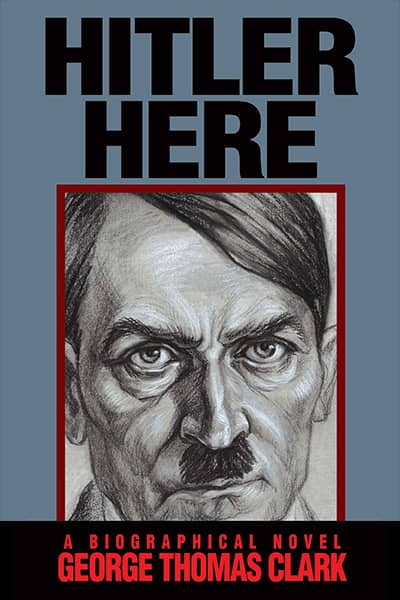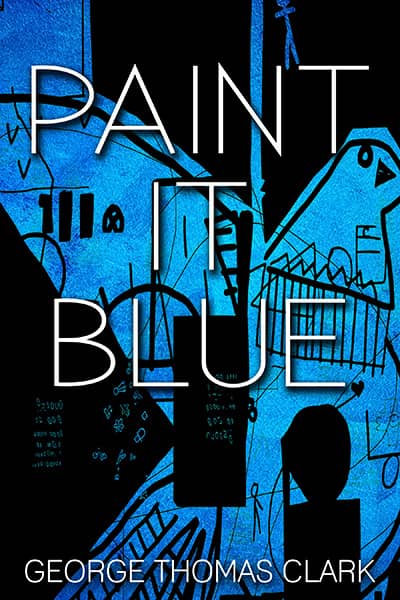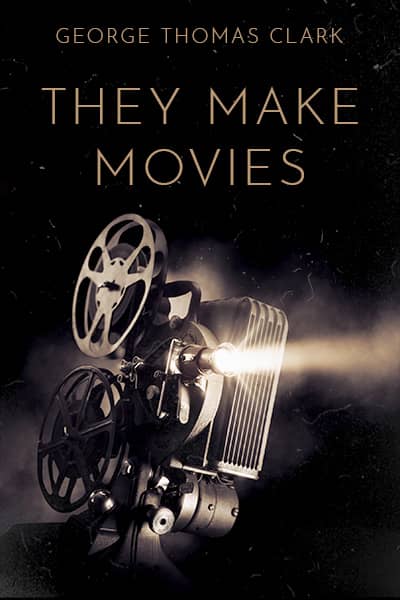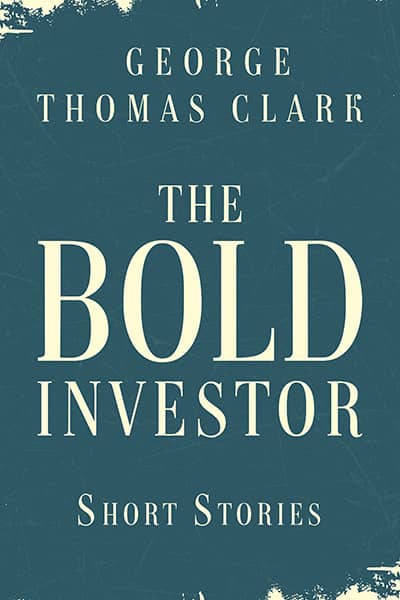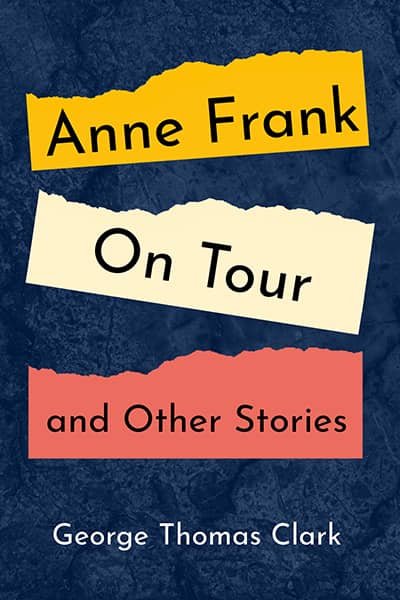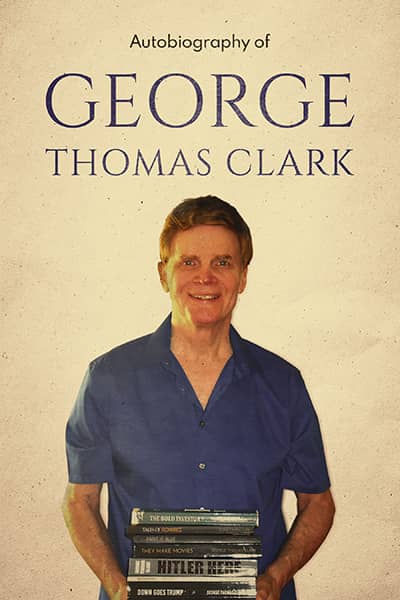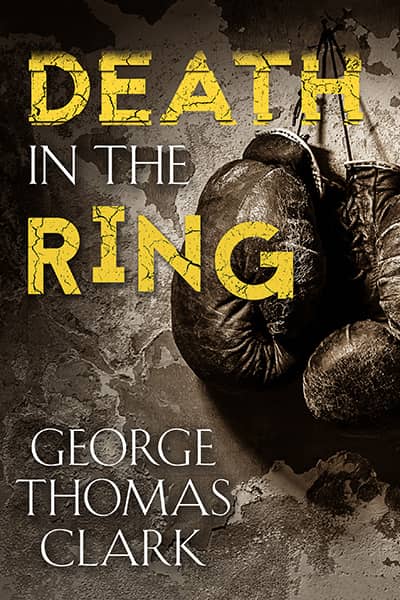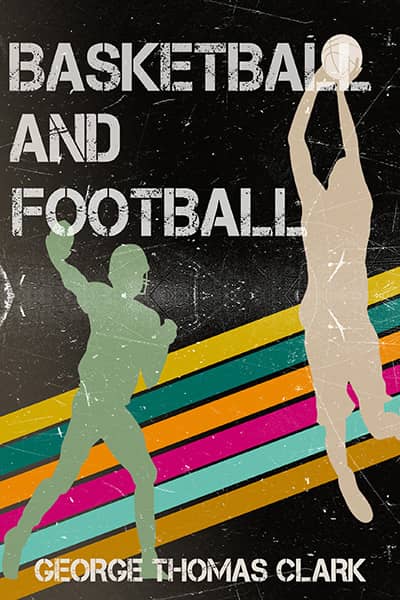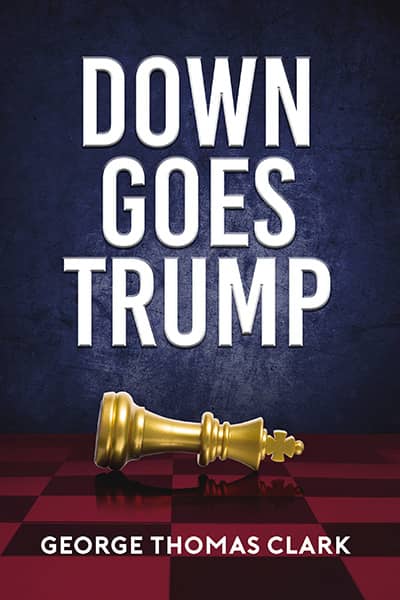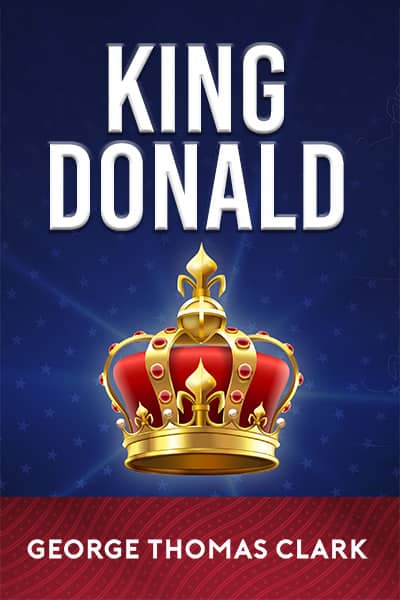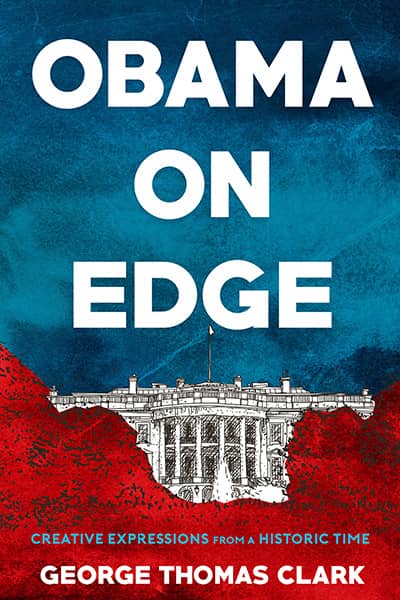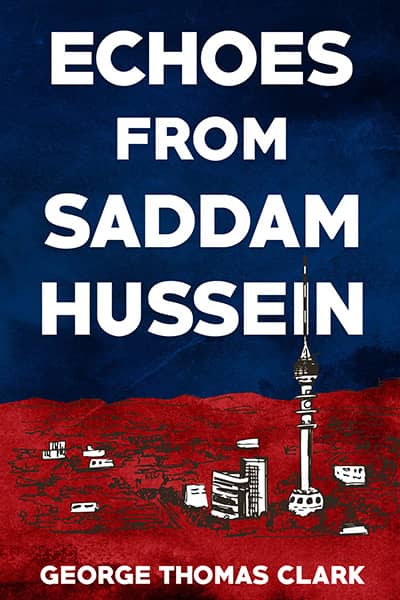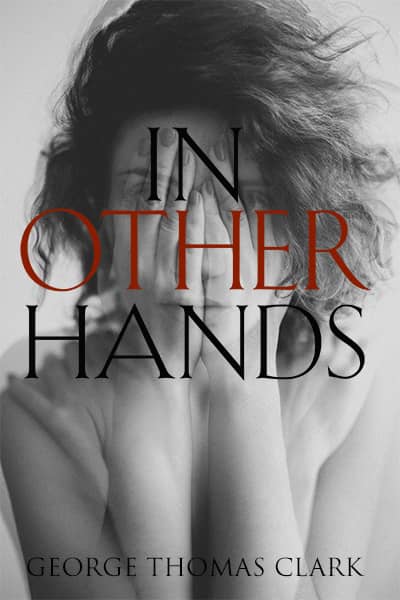Poe the Athlete – Part 4
May 19, 2008
I’m head track coach at a major university and have trained some of the finest young athletes in the world. I don’t recruit anyone lacking potential to place high and score points in important meets. That I explained to members of a literary society when they presented physical data about Edgar Allan Poe. He was a commendable athlete in a distant time, especially for one who didn’t have a training regimen, but I can’t guarantee he would’ve been robust enough to excel on my team. The Friends of Poe still requested I train him, theoretically, and maximize his talent then tell them what he could’ve done. I accepted this intriguing project.
Poe stood five-foot-eight and weighed about a hundred fifty pounds. His fellows in the late 1820’s described him as “graceful, sinewy, and lithe,” and one overwhelmed lad designated him the “best, the most daring, and most enduring swimmer I ever saw in the water.” Perhaps Poe should’ve had a swimming coach. At age sixteen he dived off a wharf into the James River near Richmond and, escorted by several friends in a rowboat, began smooth strokes and soft kicks, easing downriver one mile, two miles, stroking for an hour now, then three miles, and four, two hours out, breathing hot now and losing his form. Want us to pull you out? Poe aimed a wicked eye and struck the water. After five miles he was dizzy and disoriented and at times strayed from the boat until told to straighten his course. I know he was in the zone where you don’t want to quit but crave the moment you can. After three hours he staggered ashore at his destination, Warwick Bar, six miles from the wharf. Blisters burned his arms, shoulders, back, neck, and face, and for three unpleasant nights he tried to sleep on his stomach. Thereafter he frequently boasted that crossing the English Channel would be a casual dip. I like athletes who’ve excelled at other sports and think they’re special. They have to believe or they won’t survive my workouts.
I am now obliged to tell Poe in what event he shall compete. Generally, track athletes his delicate size have to be distance runners and train about a hundred miles a week. Given Poe’s tenacity and ability to endure pain while plowing down the James River, I believe he’s most suited for the five-thousand and ten-thousand meter events. In short races he dashed away from schoolyard opponents but definitely could not be a sprinter today nor could he have competed with top sprinters two centuries ago.
I know many considered Poe an excellent long jumper. At the University of Virginia in 1826 three of his friends ran down a “slight slope” and leapt nineteen feet. The seventeen-year old poet followed and sailed a foot beyond. In 1837 Poe asserted he had jumped twenty feet six inches. By 1842, in saloons and an autobiographical piece for a magazine, he boasted of having flown twenty-one feet six inches after a mere twenty-yard approach. Aging men often get better the more distant their athletic deeds. Poe probably prevaricated about this as he too often did regarding alcohol, literature, and money. Only the former concerns me. I don’t allow drinking on my track team. Do it once, you’re suspended for a month. After the second offense I personally pack your gear and point you out of town.
Let’s assume the young Poe could stay sober on my team. I sense he’d then lobby to be a long jumper but be forced to defer to African American teammates sailing twenty-five feet and more. Even with weight training enhanced by anabolic steroids – which I don’t tolerate; I’m just speaking hypothetically – Poe couldn’t jump more than twenty-three feet, even from fast synthetic runways. It’s possible, given reasonable speed afoot, that he could be a middle distance runner, competing in the eight hundred and fifteen hundred. Again, however, Poe’s slight frame indicates slow-twitch muscle structure suited for long distance. I also think long daily runs would improve Poe’s moods. With teammates he could run early mornings before school, study and write during the day, train with the team in the afternoon, and do homework and more writing at night. I don’t know if Poe’s brain would withstand this regimen but his body could, and guided by my firm hand and loud voice he’d earn a Division I track scholarship, place in league meets (though not beyond that), and live less stressfully in early adulthood.
Sources – “Scholar, Athlete and Artist, Edgar Allan Poe at University of Virginia” by Scott D. Peterson; Edgar A. Poe, Mournful and Never-ending Remembrance by Kenneth A. Silverman.
